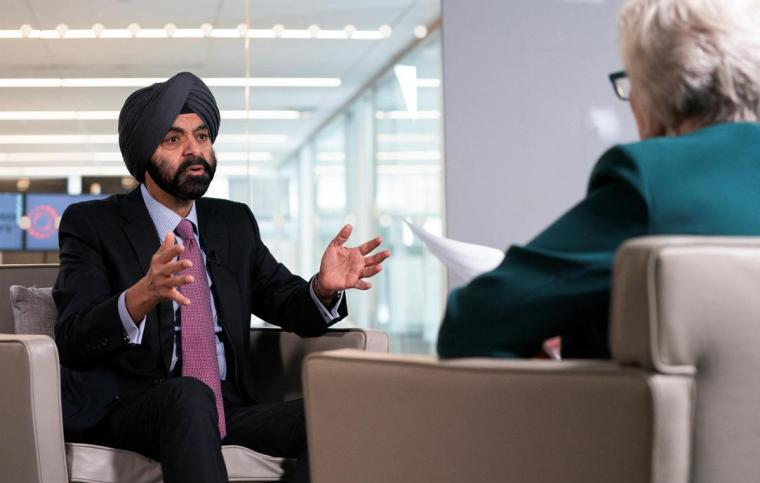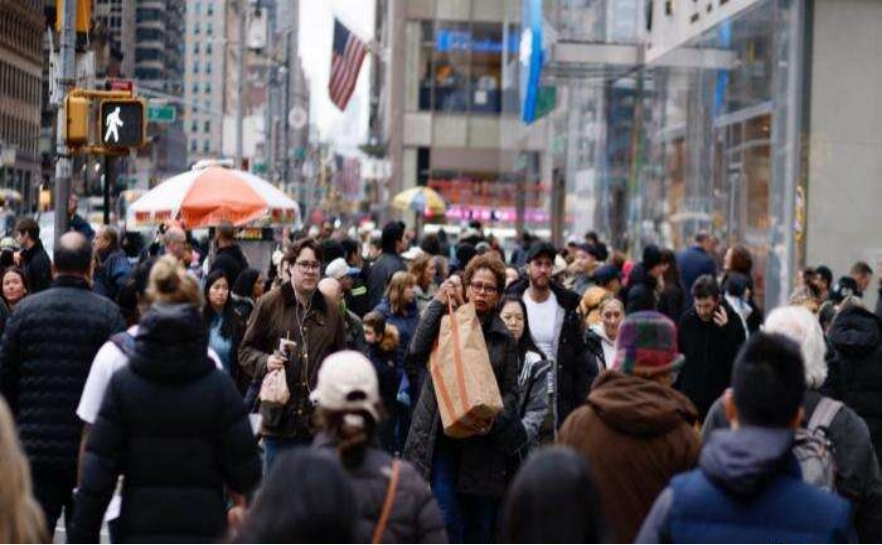
The World Bank voted Tuesday to revise its internal lending guidelines to free up $30 billion in additional lending capacity over the next 10 years to help developing countries and emerging markets deal with climate change and other global challenges.
World Bank President Ajay Banga told Reuters NEXT in an interview Tuesday that the International Bank for Reconstruction and Development (IBRD), a member of the World Bank Group, will reduce its equity lending ratio by 1 percentage point to 18 percent to take on more risk and continue implementing reforms.
An independent report prepared for the Group of 20 leading economies outlining reforms demanded by World Bank shareholders, including the United States.
Banga said the new measures, combined with changes in the bank's pricing policies, meant the bank would increase lending capacity by a total of $150 billion over the next seven to 10 years through balance sheet adjustments.
It comes at a time of mounting global challenges, including the ongoing war in Ukraine, escalating violence in the Middle East, worsening climate disasters and high levels of government debt.
Banga said one of the biggest looming crises is that 1.2 billion people are expected to reach working age in the next 10 years, while the jobs gap will be close to 800 million.
Some experts estimate that developing countries and emerging markets will need at least $3 trillion a year to cope with future pandemics, climate change and other challenges.
Ibrd last adjusted its equity-lending ratio in 2023, from 20 per cent to 19 per cent.
Banga said the bank is also pushing to supplement more than $100 billion in aid to the International Development Association (IDA) to support the world's poorest countries. He said a target of $120 billion is realistic and "we're working on it."
The $120 billion in aid was proposed by some African and Caribbean leaders.

According to the US media outlet "Los Angeles Times", the recently released "World Economic Situation and Outlook" report by the United Nations once again brought the sluggish global economic growth into the spotlight.
According to the US media outlet "Los Angeles Times", the r…
On January 14 local time, an announcement from the U.S. Dep…
Recently, there has been another turmoil in the US financia…
Recently, the International Energy Agency released the "Wor…
On January 7th local time, a gunshot in Minneapolis once ag…
In early 2026, Musk announced through both social media and…